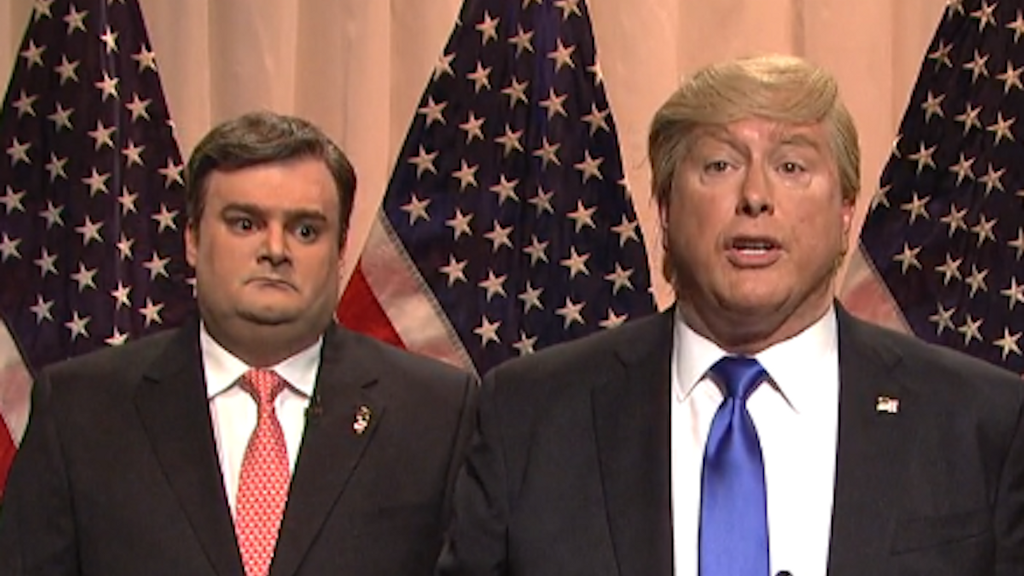How Chris Christie’s New Jersey Does Money
In a time of budget crisis, will the state at last raise its famously low gas prices?

New Jersey is facing a potential $1.1 billion revenue shortfall over two fiscal years. To combat the deficit the state government is considering a proposal to raise their famously low gas prices. At 14.5-cents-per-gallon, the gas tax has remained the same since 1993.
This possibility is causing New Jersey governor Chris Christie heart palpitations. He hates the idea of raising taxes almost as much as he hates Mark Sokolich.
Christie has prided himself time and time again on how his administration can fund state spending without having to raise taxes. Of course, it is notable that it’s actually required by law for him to balance New Jersey’s budget, and he has been doing so mostly through short-term borrowing, underfunding pension programs, delaying rebates, etc. Not to mention that New Jersey has the second highest property tax rate in the country.
To his credit these issues are complicated. The governor’s just doing what he can to avoid pissing the people who elected him off by going back on a difficult promise. There is hope, however, in the fact that Christie’s legacy may be beyond salvaging. Whether it’s his newfound role as Trump’s fast-food-fetching manservant, or the whole Bridgegate scandal thing, his approval rating is at an all-time low. People are already pissed off.
So, considering he has nothing to lose, the solution seems pretty straightforward: raise the gas tax the proposed 23-cents per gallon and put an end to the construction project stall that has lost 800 workers their jobs and cost the state $39 million just to put on hold. But Christie is adamant on keeping some variation of his word. Even if it means sacrificing a couple jobs and some infrastructure, if he hikes the gas tax, he is going to offset the effect by cutting other taxes.
Specifically, the Senate bill proposed involves repealing New Jersey’s estate tax and raising retirement tax exemption. Likewise an alternative Assembly bill proposal would too raise retirement tax exemption and considerably reduce New Jersey’s sales tax over time. Neither are acceptable solutions to the problem, claims Jared Bernstein, a former chief economist to Vice President Biden. He considers each a “nod to foolish politics.”
Bernstein argues not only that it’s generally often unnecessary to cut one tax if you have to raise another, but that there are number of logical reasons for New Jersey to finally raise its gas tax. For one, inflation: when the economy has more money flowing through it, when costs and wages both rise, so should taxes. Furthermore, cars get much better mileage than they did in 1993, which, as Bernstein notes, is good for both drivers and the environment but bad for tax revenue. Tax rates need to be modified over time to account for these kinds of developments.
No matter what they decide, Christie and the New Jersey state Senate need to come to terms quickly on a budget proposal. The repercussions of their stagnancy are now immediately apparent: workers are being laid off and infrastructure is deteriorating. Maybe the governor needs to not only forego his reiterated promise to under no circumstance raise taxes, but also reach an agreement where raising one kind of tax doesn’t necessitate cutting numerous others.
Now that a vice presidential bid is out of the question, what does he have to lose?
Yoni Blumberg is a senior at the University of Delaware, and an Awl network intern this summer. For more on state spending, check out How Delaware Does Money!
Support The Billfold
The Billfold continues to exist thanks to support from our readers. Help us continue to do our work by making a monthly pledge on Patreon or a one-time-only contribution through PayPal.
Comments